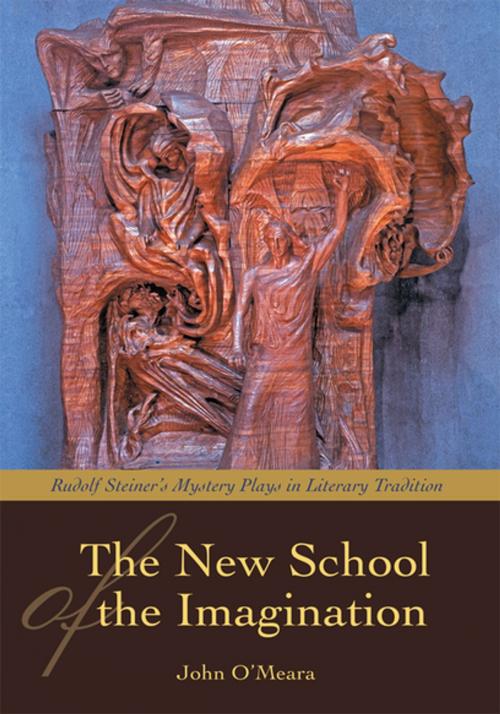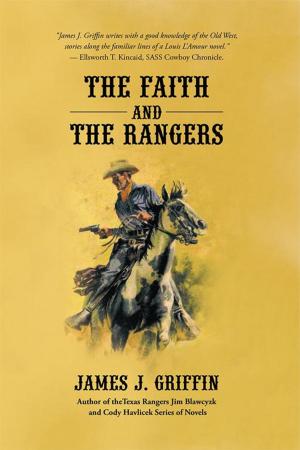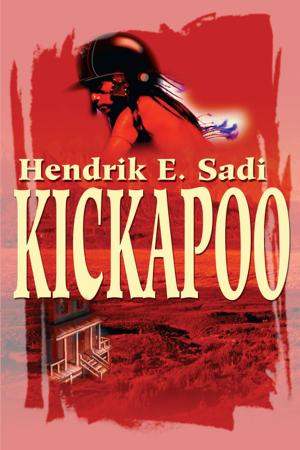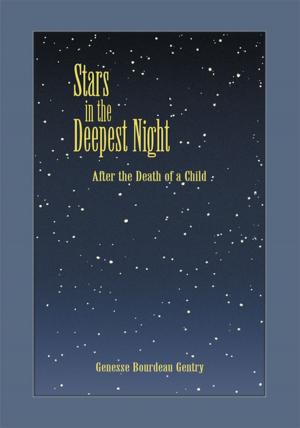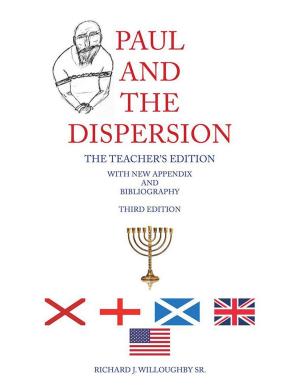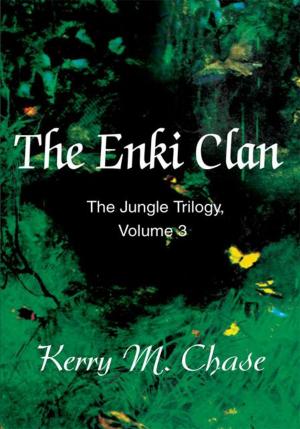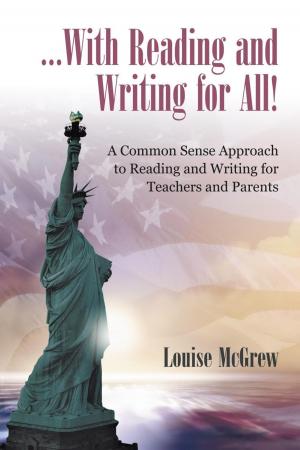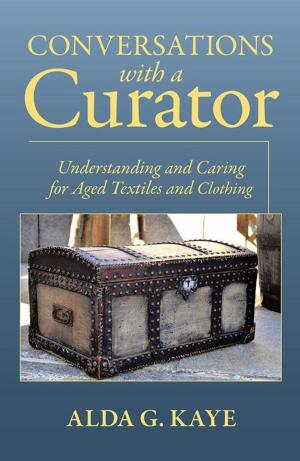The New School of the Imagination
Rudolf Steinerýs Mystery Plays in Literary Tradition
Fiction & Literature, Literary Theory & Criticism| Author: | John O'Meara | ISBN: | 9780595909124 |
| Publisher: | iUniverse | Publication: | September 6, 2007 |
| Imprint: | iUniverse | Language: | English |
| Author: | John O'Meara |
| ISBN: | 9780595909124 |
| Publisher: | iUniverse |
| Publication: | September 6, 2007 |
| Imprint: | iUniverse |
| Language: | English |
This essay offers a radical view of the post-Renaissance, Western literary scene inasmuch as Rudolf Steiner's Anthroposophy bears a relation to it, principally through his Mystery Plays. A number of major authors are highlighted as having an intrinsic connection with the Anthroposophical revelation-notably T.S. Eliot, and especially S.T. Coleridge. The prospect of a new cultural poetic for the future is outlined in connection especially with these two major figures of English critical-poetic tradition.
Other authors that are considered include Wordsworth, Goethe, Lawrence, Yeats; Graves, Hughes; Milton, Swift, and Blake; Strindberg, Hemingway and Beckett.
Steiner's Plays were never intended as Literature as we know that discipline today, but they provide a singular point of view from which the idea of Literature can be re-evaluated and new directions set forth that represent a transformed prospect for Literature in the future. Some of our most distinguished authors of the past are seen in a new light, as if it had been their struggle to reach out to the possibilities Steiner's Plays bring forth.
This essay offers a radical view of the post-Renaissance, Western literary scene inasmuch as Rudolf Steiner's Anthroposophy bears a relation to it, principally through his Mystery Plays. A number of major authors are highlighted as having an intrinsic connection with the Anthroposophical revelation-notably T.S. Eliot, and especially S.T. Coleridge. The prospect of a new cultural poetic for the future is outlined in connection especially with these two major figures of English critical-poetic tradition.
Other authors that are considered include Wordsworth, Goethe, Lawrence, Yeats; Graves, Hughes; Milton, Swift, and Blake; Strindberg, Hemingway and Beckett.
Steiner's Plays were never intended as Literature as we know that discipline today, but they provide a singular point of view from which the idea of Literature can be re-evaluated and new directions set forth that represent a transformed prospect for Literature in the future. Some of our most distinguished authors of the past are seen in a new light, as if it had been their struggle to reach out to the possibilities Steiner's Plays bring forth.
